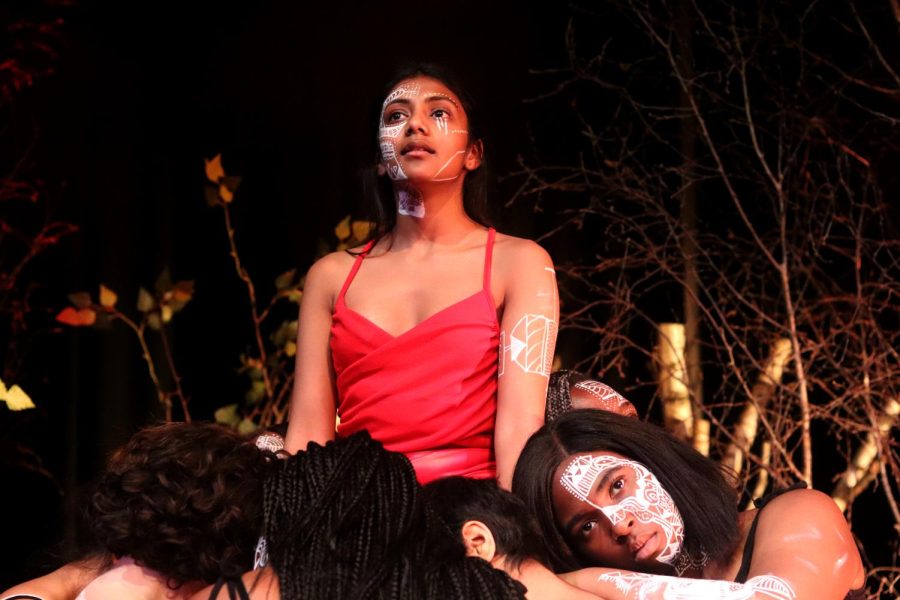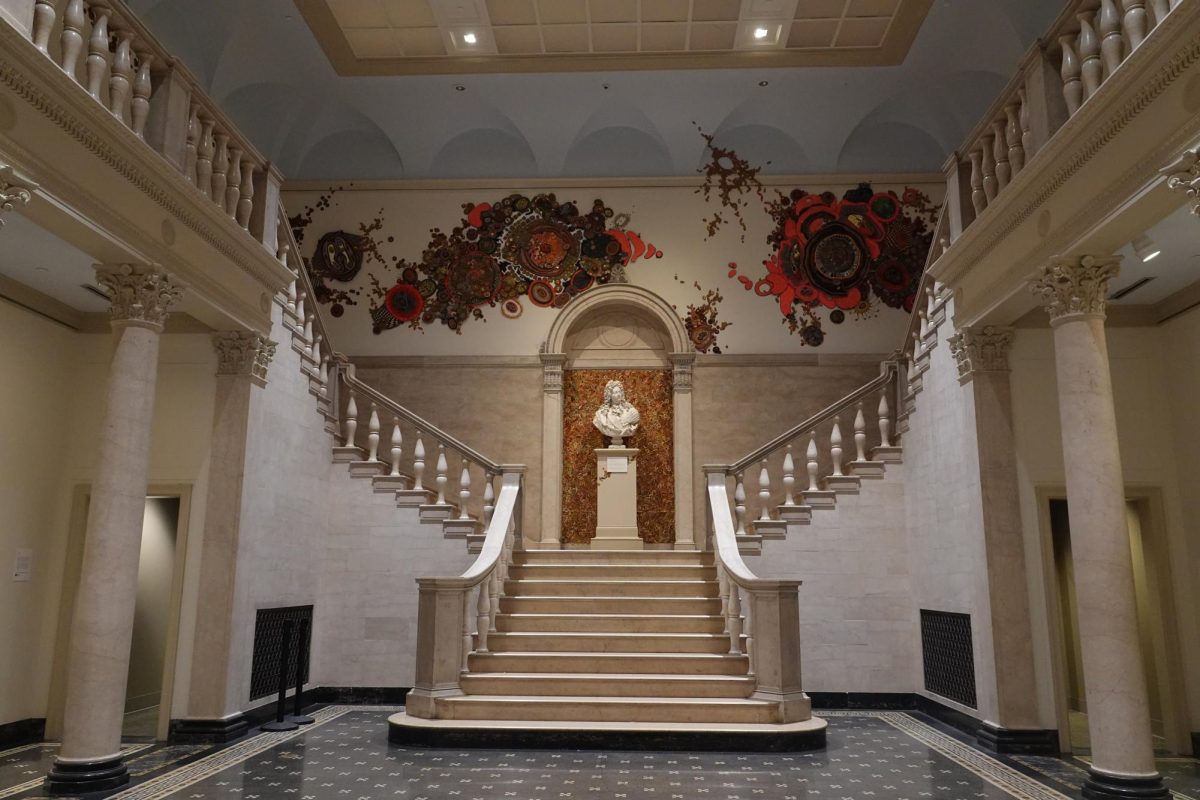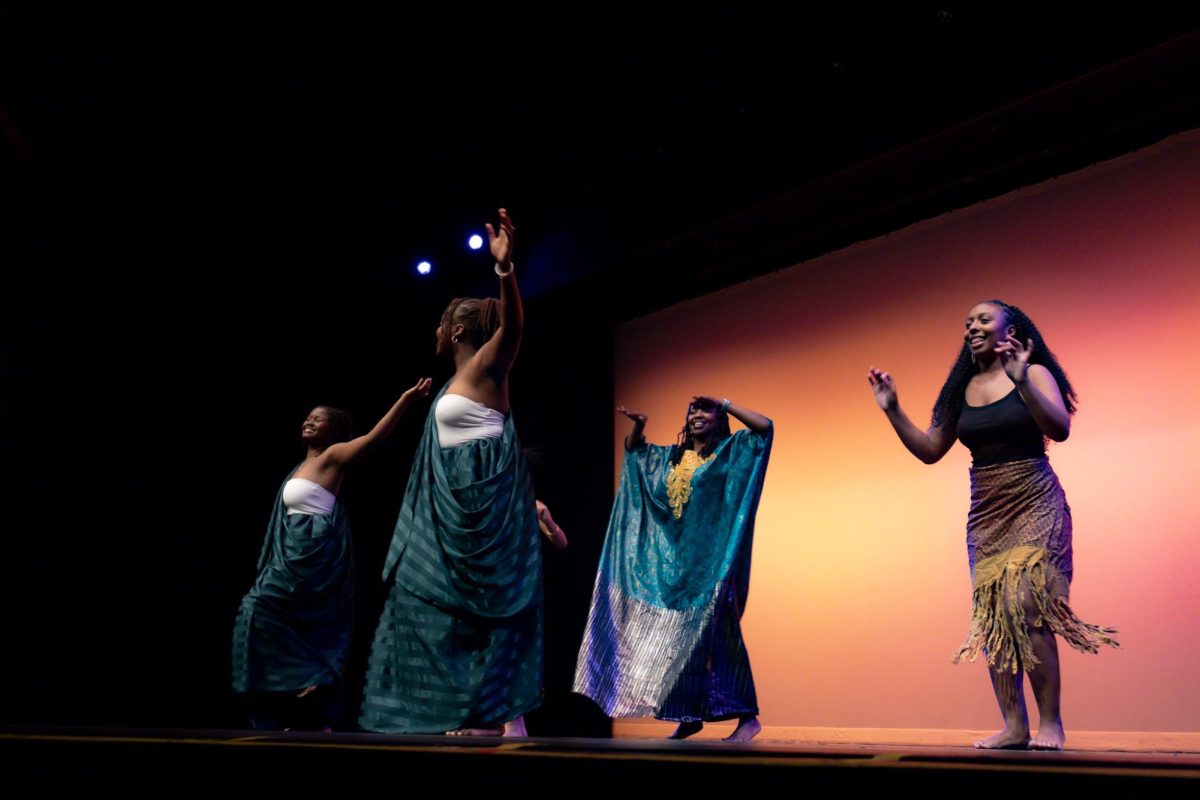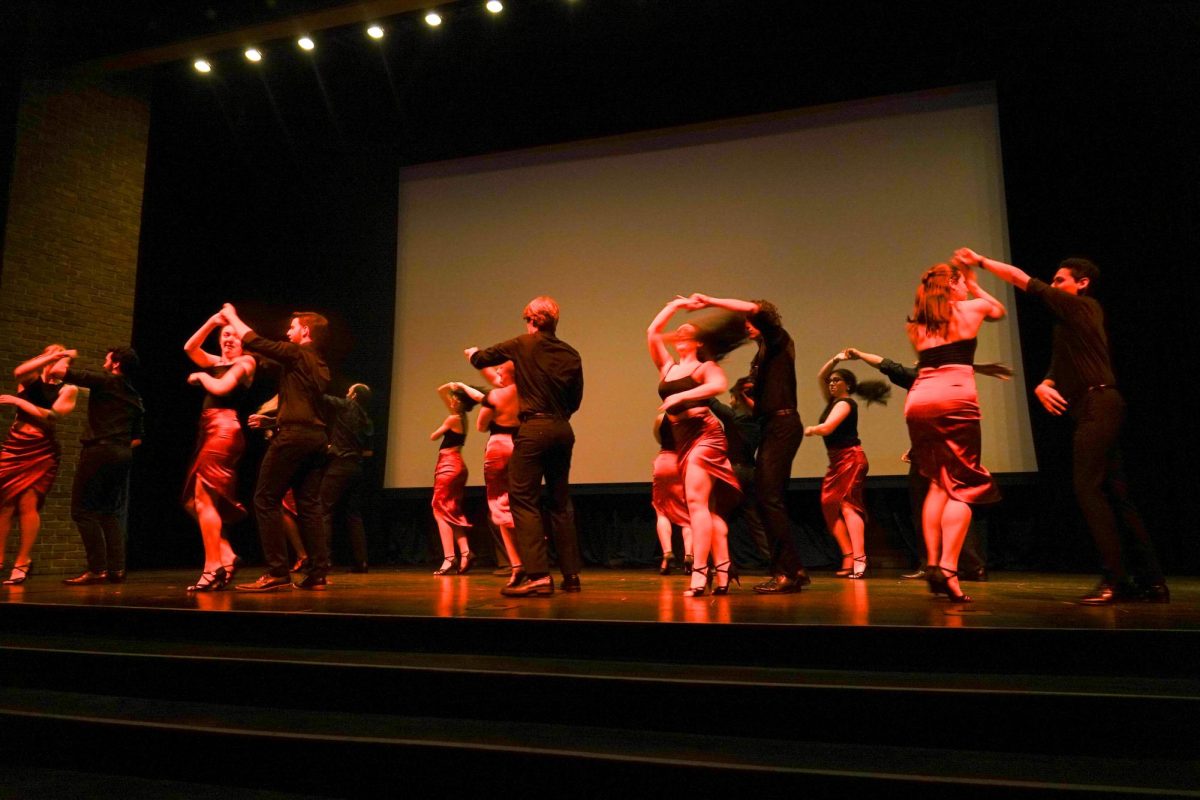When Medea, princess of Colchis and wife of Jason (of golden fleece fame), learns that her husband has agreed to marry a new princess as part of a political arrangement, she kills not only his new wife but also the two sons she herself had with him. As any reasonable wife would.
Such is the story of the tragic mythological heroine of one of the most widely adapted and re-adapted plays in history—Euripides’ “Medea.” The play has since found homes in countless fields of literary analysis and criticism, from feminism and vengeance to comparative studies of ancient “barbarian” cultures. Medea, both the play and the character, contains multitudes.
And she’s coming to Vanderbilt! It’s time to sharpen your swords and prep your poisons, because Khameleon Productions’ “Uprooting Medea” tour brings the tragic story of Medea to Nashville this week with a presentation and workshop for students. The presentation—April 14 at 4:10 p.m. in Buttrick 102—will introduce the Medea project and discuss the process of adapting it from its original form as a stage play at Oxford University into its current multimedia form, which includes theater, film, music and poetry.
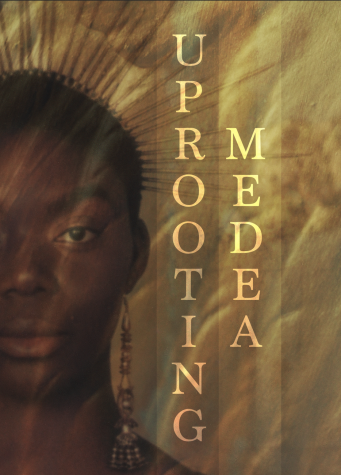
“Everything is about finding new narratives,” tour curator and producer Shivaike Shah said. “We can be deeply imaginative with how we bring these texts to life. We can imagine all of these different components coming together in an interdisciplinary way to make this a new adaptation.” Shah is also a Visiting Artist with the Brown Arts Institute, a co-sponsor of the tour.
After the presentation, the workshop—April 15 at 12:15 p.m. in Buttrick 305—will then serve as an opportunity for students to work on scripts of their own. They can also participate in roundtable conversations about topics relevant to the production, of which there are many.
“[We’re] thinking about questions of the classics, and how all this is relevant to modern conversations about belonging, identity, home, broken promises,” Shah said. “All these key themes that we explore in our adaptations.”
Such a project is not aimed solely at students in the Classical and Mediterranean Studies department—theatermakers, filmmakers and academics in general all have something to contribute to the many conversations Medea can inspire. Shah emphasized the collaborative nature of both the project and Khameleon Productions at large, which he founded in 2020 with the goal of developing innovative projects and celebrating diverse voices.
“It’s about creativity; it’s about imagination. We see how we can expand on and platform those untold stories and untold perspectives,” Shah said, adding that he himself is still learning new ways to interpret the indelible story of Medea. “We’ve had students coming with very different perspectives on Medea and encouraging me to rethink the play in many ways. It’s been a huge privilege to have shared such—often intimate—conversations with students about their perspectives on the play, on creation, on imagination.”
Though Shah and tour manager Cara Vaitilingam are nearing the end of their 12-state, 30-institution American tour, this does not mean the end of the “Medea” project. Later this year, a film adaptation of the original play directed by Riffy Ahmed will be released for the festival circuit. Additionally, the team are hopeful that the production will return to the stage upon Shah’s return to the United Kingdom, where fellow writer Francesca Amewudah-Rivers—who originally adapted the play at Oxford—is holding down the fort.
There’s a reason that we, thousands of years later, continue to study the texts considered classics and adapt them for new audiences with new themes and emphases. Khameleon Productions’ “Uprooting Medea” project and the short film to be released later this year are just the latest bits of supporting evidence. Who knows? Maybe you’ll attend the workshop and decide that you want to make the next Medea yourself. As long as you don’t kill your husband, we approve.
Check out Khameleon Productions on Instagram or Twitter for more news.

